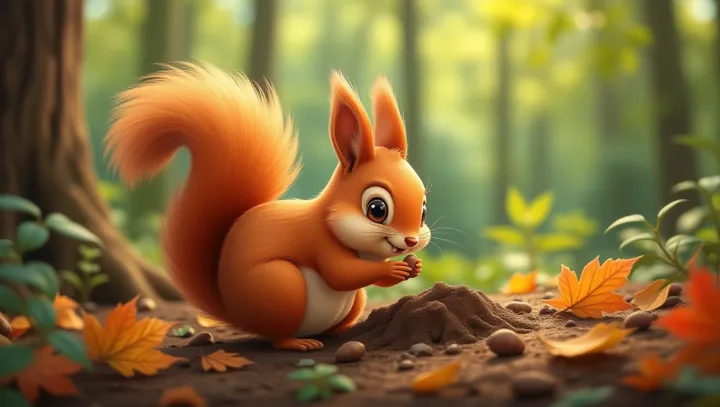Squirrels: Nature's Prolific Planters

Across the bustling woodlands of North America, squirrels are not merely cute creatures scampering up trunks but are pivotal actors in the forest ecosystem. Their incessant habit of burying nuts, intended as food reserves, has a profound ecological impact. Experts in ecology, like Dr.
Jenna Turner from the University of California, emphasize that squirrels' nut-burying activities inadvertently plant thousands of new trees. The seeds that are forgotten or not retrieved sprout into saplings, fostering woodland regeneration. These actions find importance particularly in areas affected by deforestation and climatic challenges.
Squirrels' natural behavior contributes to maintaining the delicate balance of different plant species, ensuring biodiversity within the forests. Beyond their ecological roles, squirrels bring insight into nature's resilience. The phenomena observed align with current ecological trends emphasizing sustainable conservation practices.
Naturalists see these tiny mammals as partners in ecological stewardship. This relationship between squirrels and the forest underscores the interconnectedness of species within an ecosystem. As urbanization continues to encroach on natural habitats, understanding these dynamics becomes crucial.
